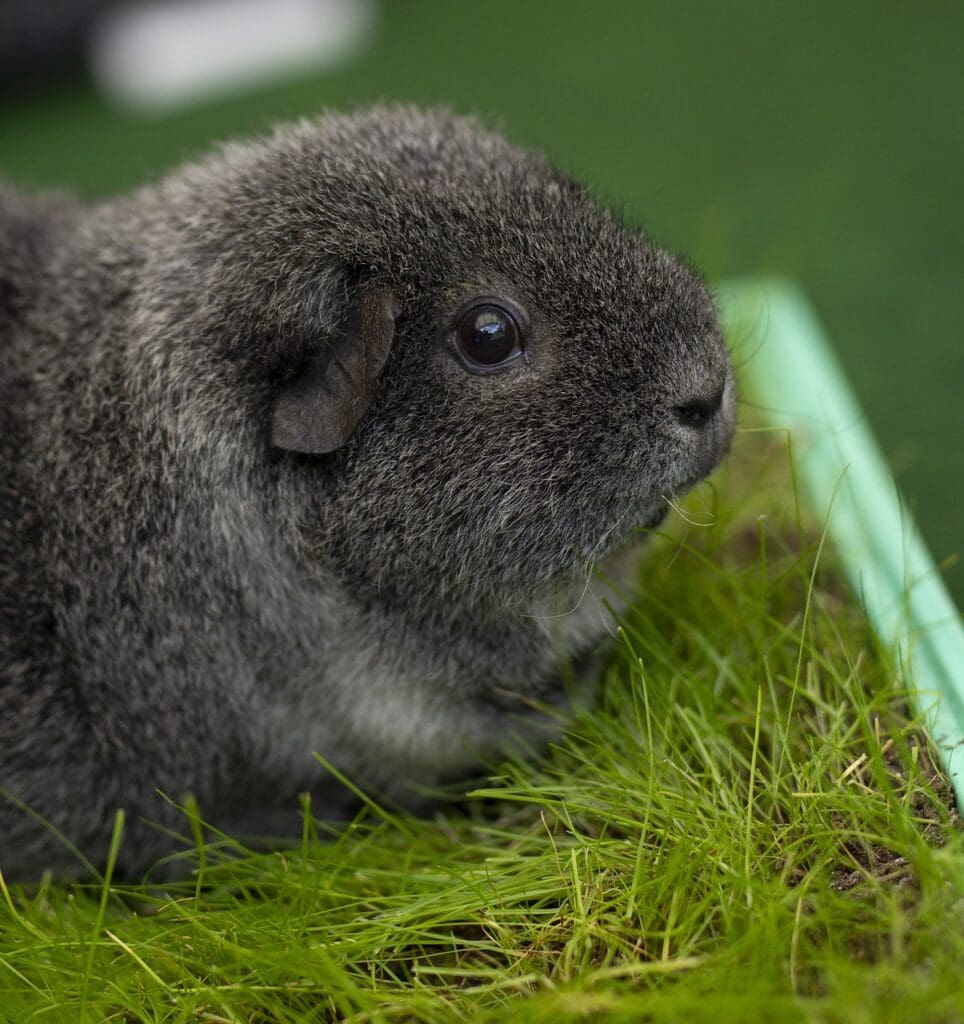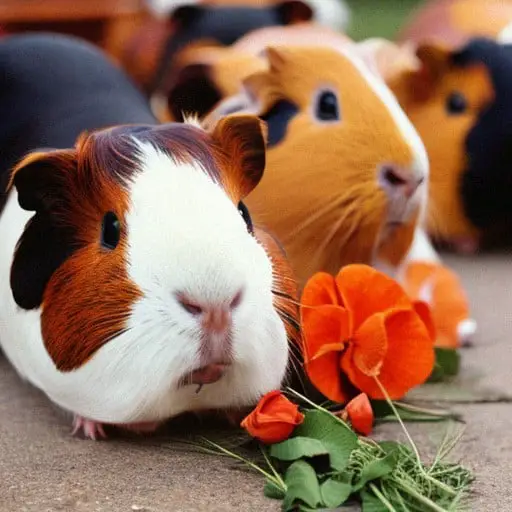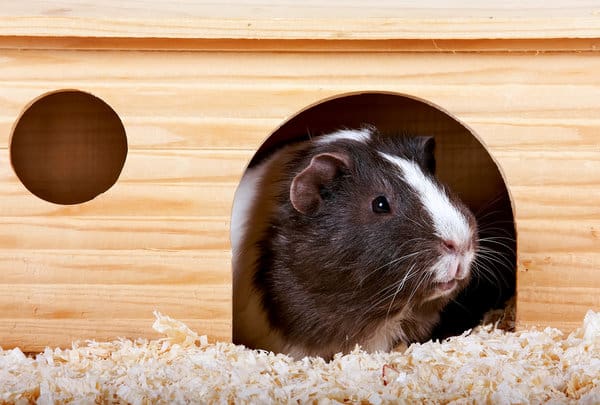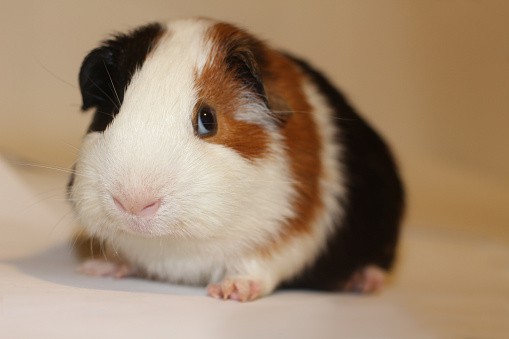Is Guinea Pig Poop and Urine Toxic to Breathe
Guinea pigs are a popular pet choice for many households, but it’s important to understand the potential risks of their waste products. A study conducted in 2019 found that breathing in guinea pig urine and feces could lead to long-term health effects, such as respiratory and neurological issues.
This is why it’s important to be aware of the potential dangers of guinea pig waste products and take steps to reduce exposure. In this article, we’ll explore the risks of breathing in guinea pig waste products, as well as tips for reducing exposure.
Key Takeaways
- Guinea pig droppings and urine contain proteins, bacteria, and parasites that can cause respiratory issues if inhaled.
- Breathing in guinea pig waste products can trigger allergies, asthma, breathing problems, and skin conditions.
- Long-term exposure to guinea pig waste products can have potential health impacts.
- Regular cleaning, moisture control, and proper ventilation are important in reducing exposure to guinea pig waste products.
What Are the Potential Dangers of Breathing in Guinea Pig Waste Products
Breathing in guinea pig waste products can present potential dangers to individuals. Guinea pig droppings and urine contain proteins, bacteria, and parasites that can be spread through the air and cause respiratory issues if inhaled.
These proteins, bacteria, and parasites can be particularly dangerous to small children, elderly people, and those with weakened immune systems. In addition, guinea pig waste products can trigger allergies and other reactions in individuals, leading to asthma, breathing problems, and skin conditions.
Therefore, it is important to ensure that guinea pig cages and areas where they are kept are properly cleaned and ventilated to minimize the risk of airborne spread of these waste products.

Are There Any Long-Term Health Impacts of Breathing in Guinea Pig Waste Products
There is a potential for long-term health impacts from inhaling waste products generated by small rodents. Guinea pigs are no exception, and their droppings and urine can contain harmful bacteria and other compounds that can be detrimental to humans.
- Protective Gear:
- Breathing masks should be worn when cleaning cages or handling guinea pig waste products.
- Gloves should also be worn to protect against any contact with the droppings or urine.
- Air Purifiers:
- Investing in an air purifier is recommended, as it can help to reduce the amount of airborne particles from guinea pig waste.
- Air purifiers can also help to reduce the potential of inhaling any harmful bacteria or other compounds that are present in guinea pig waste products.
What Are Some Tips for Reducing Exposure to Guinea Pig Waste Products
It is important to take steps to reduce exposure to the waste products of small rodents, such as guinea pigs, in order to protect one’s health. Cleaning techniques such as regular spot cleaning and deep cleaning can help to reduce the amount of waste that builds up in an area. Additionally, moisture control is important because it can help to prevent microbial growth, which can lead to the production of harmful airborne particles. Keeping the bedding and cage clean can also help to reduce the amount of particulate matter that is released into the air. Vacuuming the area and using a damp cloth to clean the cage, as well as using an air purifier, can also help to reduce the amount of waste in the air. Lastly, it is important to ensure that the air in the room is well-ventilated, as this will help to reduce the amount of airborne waste particles.
What Should I Do If I Suspect I’ve Been Exposed to Guinea Pig Waste Products?
If you suspect that you have been exposed to waste products from small rodents, such as guinea pigs, it is important to take the necessary steps to protect your health. To reduce exposure to guinea pig waste products, it is important to:
- Dispose of it properly:
- Wear gloves when handling the waste
- Place the waste in an airtight container
- Put the container in a secure location
- Install a proper ventilation system:
- Ensure that the ventilation system is designed for the size of the cage
- Clean the ventilation system regularly to reduce the risk of buildup of waste products
- Ensure that the ventilation system is in good working order.
If you are unsure of how to reduce exposure to guinea pig waste products, consult with a professional. Taking the necessary steps to protect your health is key to avoiding any potential health risks.
Conclusion
In conclusion, exposure to guinea pig waste products can be potentially dangerous and have long-term health impacts. It is important to take steps to reduce exposure and contact a healthcare professional if exposure is suspected. Although some may argue that the risks of exposure are minimal, it is best to take precautionary measures to ensure safety and health.







